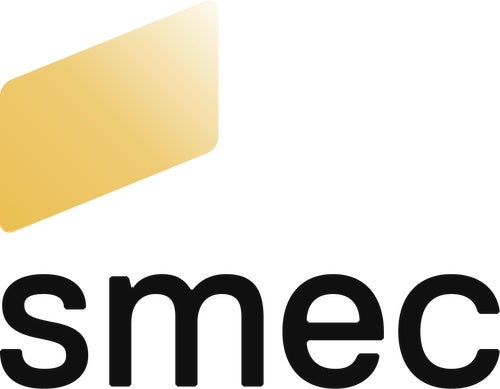Just in time for holiday shopping, AdExchanger Talks is taking a dive into the world of ecommerce.
Mike Ryan is the head of ecommerce insights at search and commerce consultancy Smarter Ecommerce, which also goes by “Smec.”
It’s a 17-year-old company, Ryan says, and a less strange-sounding nickname in its native Austrian. These days, its focus has shifted from pay-per-click campaigns to primarily being a Google Performance Max shop.
“Google built a product that maximizes performance,” Ryan says.
Understanding what’s going on inside this walled garden black-box product is now the most pressing concern for many retailers and ecommerce advertisers.
But “maximizing performance” is a lot less straightforward than most advertisers realize.
It could mean shifting budgets to a brand’s top-selling products – which don’t need a paid media boost – at the expense of items that sell well enough but do need more recognition and customer traction.
PMax must also be carefully guided and prodded to keep its focus on reaching new, as in incremental, customers. Otherwise, it tends to convert people who were about to buy the product anyway and perhaps didn’t need to see an ad at all. Retargeting someone who’s done a Google search for a specific product can be like giving coupons to people as they wait in line at a store checkout.
Of course, those coupons convert at a high rate.
Remarketing is “baked in” to PMax, as Ryan puts it, which gives advertisers very little ability to segment or understand when Google might be cannibalizing organic sales.
Also in this episode: Amazon and Temu had a staring contest – and Amazon blinked. Now, the low road of ecommerce is choked with cheap, plastic products and easy returns, while the high road is empty.
For more articles featuring Mike Ryan, click here.













